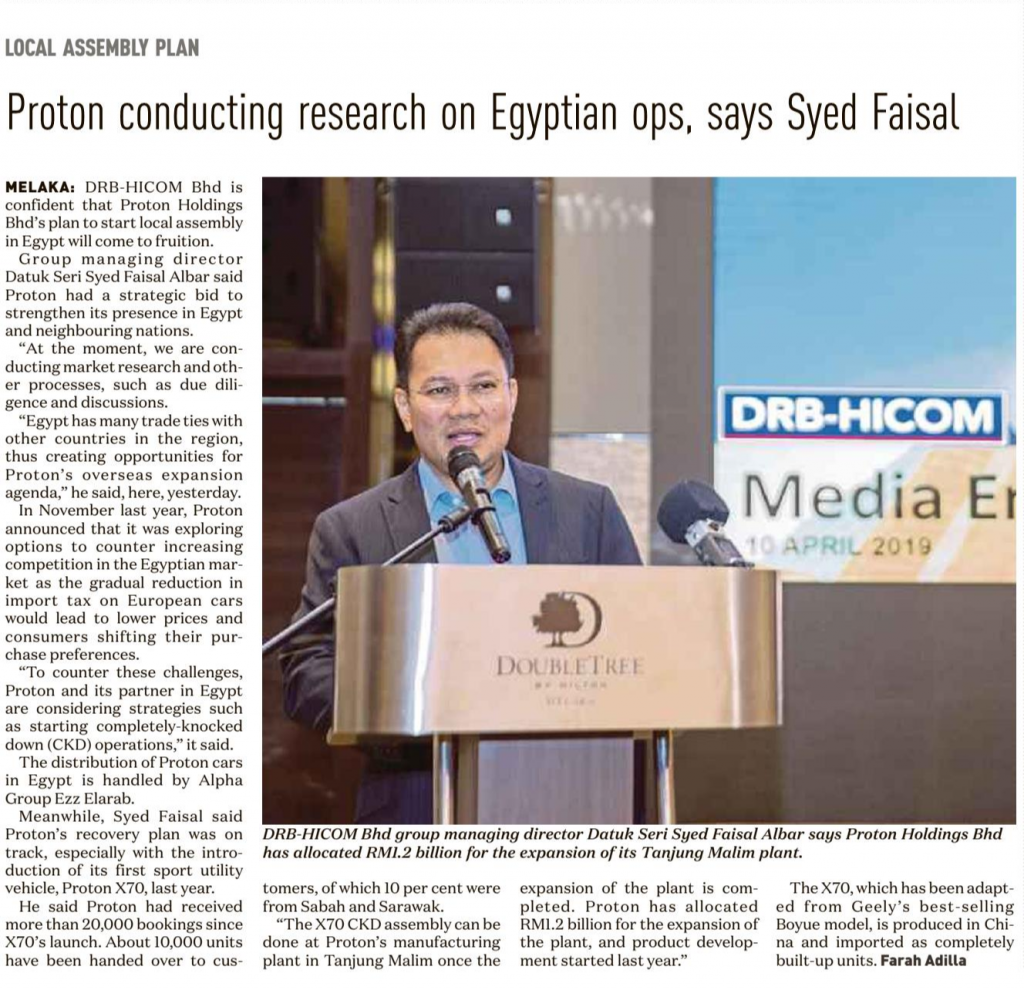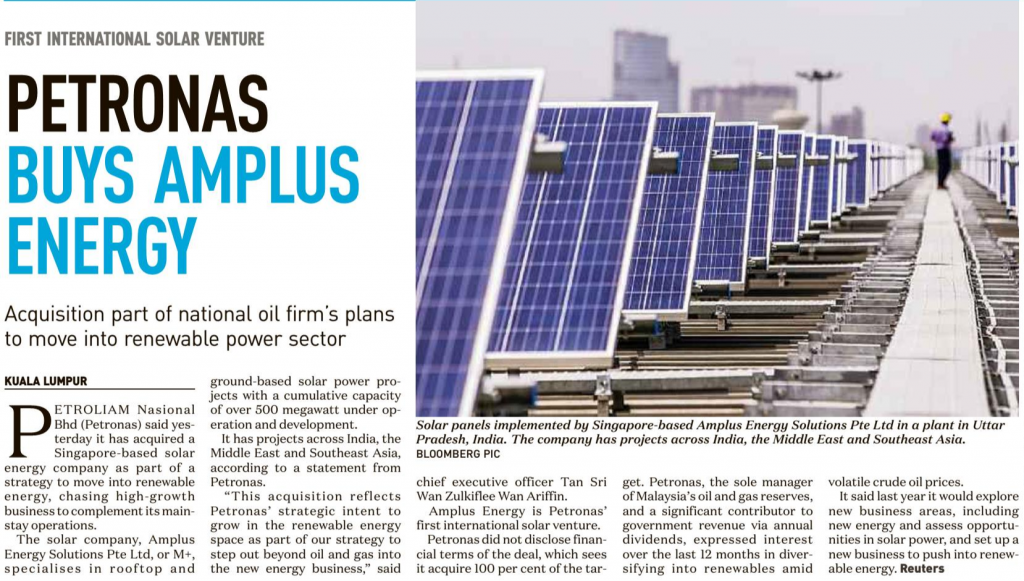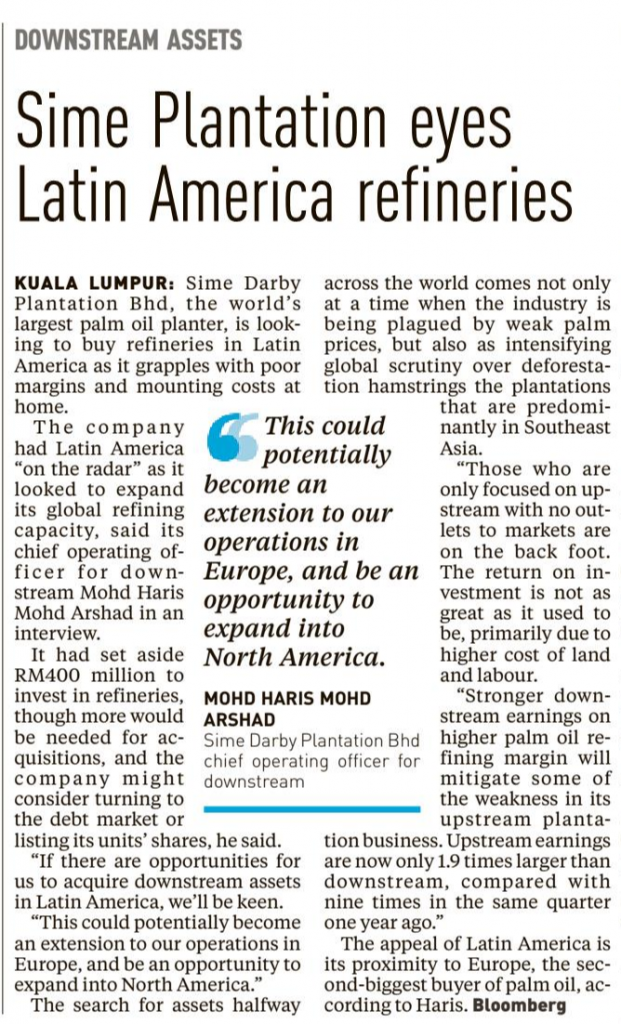MyEG Services Bhd is investing RM6.1mil in Chinabased artificial intelligence (AI) company Jingle Magic (Beijing) Technology Co Ltd.
In a statement, MyEG said its investment arm, MyEG Capital Sdn Bhd, had signed an agreement with Jingle Magic for an investment in a Chinese virtual reality (VR), augmented reality (AR) and AI-based education company.
Jingle Magic, formed in 2016, is known as one of the major VR, AR, AI and 3D Internet education platform providers in China.
“Other investors in this latest funding round are Zhejiang Zhongdi Investment Management Co Ltd, an education sector-focused investment fund that is affiliated with Tsinghua Holdings Group’s Muhua Education Fund; and Beijing Dianjing Zhiyuan Investment Centre, a venture capital firm backed by several leading public-listed Chinese technology names such as Cheetah Mobile, Kingsoft and Xiaomi.
“Among the investors in the previous round of funding in 2016 were Anhui Kexun Venture Capital LLP, a venture capital firm under iFlytek Co Ltd, China’s largest public-listed AI company along with Nantong Muhua Equity Investment Center which is part of Muhua Education, and Beijing Yifan Taihe Venture Capital Centre,” MyEG added.
This investment in Jingle Magic by MyEG marks its second investment in a China-based company following last year’s investment of a 3.125% interest in Guangzhoubased Ximmerse.
MyEG noted that these investments were part of an overall strategy to tap into disruptive technologies with commercial value to the group.
MyEG managing director T. S. Wong believed that schools in the future would use AR systems to enhance the learning experience.
“In this regard, we are excited to work with the leading AR education systems provider, leaders in the AI sector like iFlytek and leaders in the education sector like Tsinghua Group to shape the classrooms of tomorrow,” he said.
MyEG’s portfolio of investments also include a variety of technology businesses, including FashionValet, Agmo Studio and Stampede Solution.
Source: The Star
MyEG to invest in China-based AI company Jingle Magic
Content Type:
Duration:





